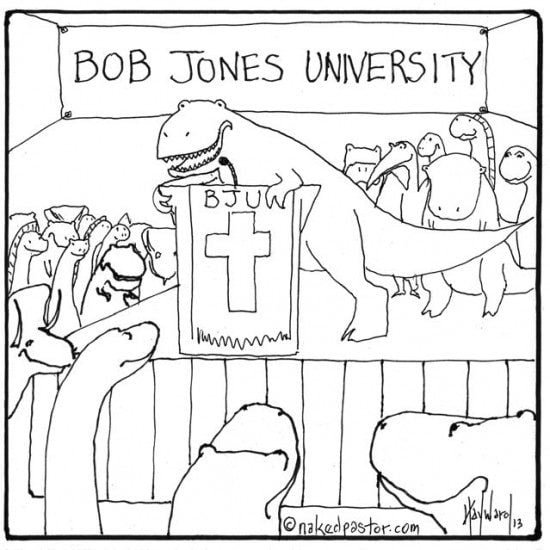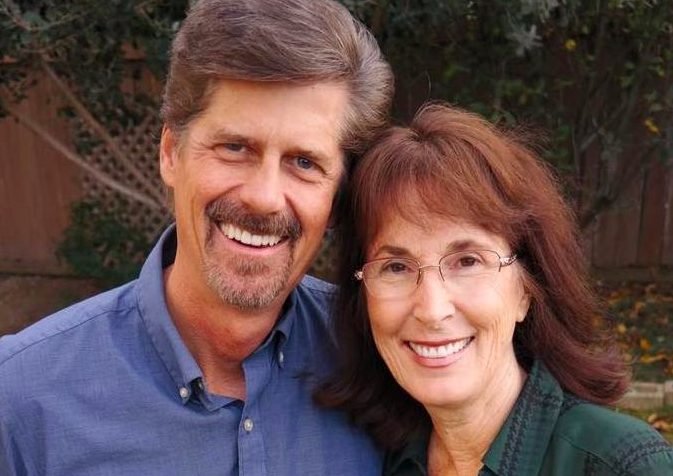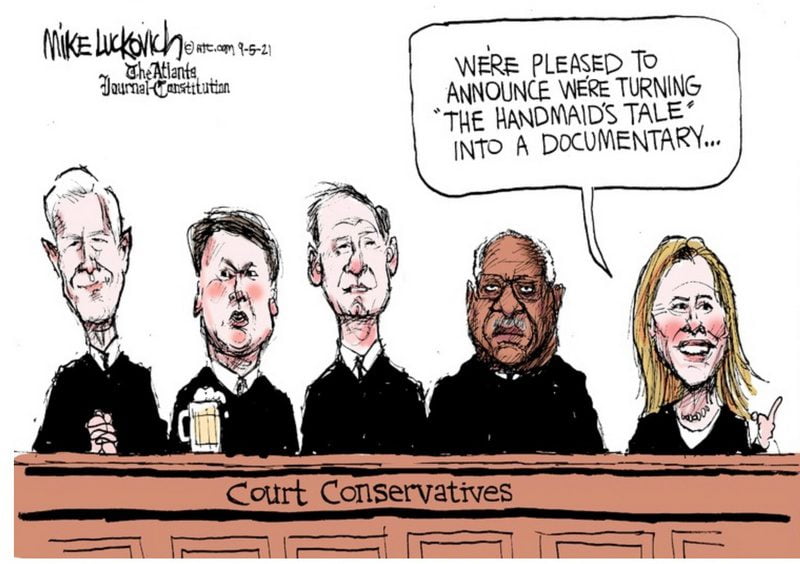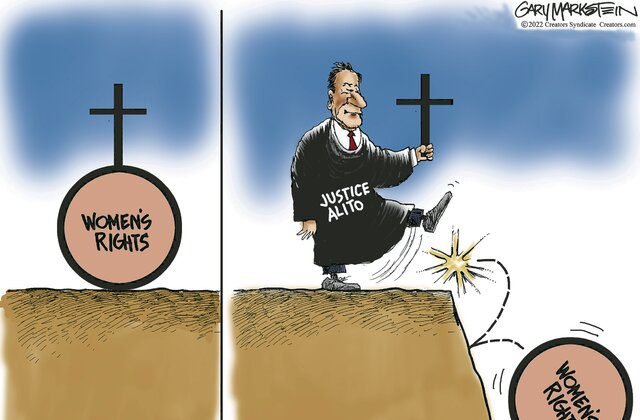
Yesterday, I had a brief, unproductive — aren’t they all? — email interaction with an Evangelical man named Joe. Joe wrote to complain about a video I posted titled Ten Reasons Why You Should NEVER Celebrate Halloween:
I read your comments about Halloween and Awaken L.A. church. I am a member of the church and do not hold to what the video teaches. It does not represent the church at all. Most members haven’t even seen the video. I loved Halloween as a child and had loads of fun going door to door collecting candy. Personally I see no harm in dressing up and “trick or treating”.
The only harm I could see would be a small child idolizing Killers and dressing up like them (Freddy Krueger for example). As a child we dressed up as hobos, pirates, etc with your occasional “dracula”– but it was a fun time. Children will make up their own minds one day– we don’t need to force them not to trick or treat, or be afraid of one-day a year.
I just wanted to add those comments as your article appears to label our church as some Cult-like group which it is not. The Halloween video is the product of one over-zealous member of the church with little wisdom or real understanding. As I said I hadn’t even seen this video until you posted it.
I responded:
Thank you for contacting me.
This video is on the official YouTube channel for Awaken L.A. If it doesn’t represent the official position of the church, then the video should be removed. I suggest you ask church leadership why the video is on the church’s channel and if it represents the official position of the church. You may have a different opinion, but that doesn’t mean your pastor (s) or church does.
Have a good week.
Joe replied:
Thank you. I will talk to our Pastor.
Joe then sent me this email:
I read “Bishop’s Roulette”. One question: if the “majority” of people think as you do in America, how can Donald Trump be elected again? Or is your math just a bit off?
I didn’t respond to this email. Maybe MJ Lisbeth, the author of the Bishop’s Roulette article, will answer Joe in the comment section.
And then he sent me this email:
I read your blog about Midwestern Bible College. You mention you are the only one you know who became an atheist. It reminded me– out of all the students who attended my graduating class at Canoga Park High School here in California, only ONE has driven off a cliff to his death.
I responded:
Really? I mean, really? For fuck’s sake, are you trying to say that me leaving Christianity is akin to someone driving off a cliff to kill themselves?
Do better, Joe, do better.
Joe replied:
I promise no more messages (unless it’s OK with you) but I am very curious about you.
Have you ever read the book by Jean Messlier the Roman Catholic Priest who served his whole life in the Catholic church and then died? I’ve forgotten the Title of his book, but Voltaire loved it.
After he died they found his memoirs and he pronounced his atheism clearly. I read the book and found it to be fascinating. It was hard to believe he had spent his life as a priest if he never really believed any of what he was teaching.
I thought “is that possible”? Then I saw your story. Preach for 50 years then become an atheist? 2 years maybe, but 50 years?? But then I realized that 1 John 2:19 does not have a time limit to it. It simply says “They went out from us to show that they were NEVER really of us”. Pretty clear– no time frame given.
I know you “believe” you were once a truly born again person–sanctified and saved. But 1 John 2: 19 shows that when one goes forth and denies the faith they are “showing clearly” that what they claim is simply not true.Is that possible though? I think Jean Messlier proves it can be so. Messlier had “left” the church in spirit many years earlier. He only stayed because the church was his whole life. When he died though he revealed his heart.
I know my quoting 1 John 2:19 might anger you. But is is right there in the Bible.
I would be interested in corresponding a bit with you if possible. Dan Barker wrote a book called “Losing faith in faith”. Interesting title actually. Not “Losing faith in Jesus”– no, its “Losing faith in faith”. It speaks VOLUMES. I would just be interested in asking you some questions. I find deconverts to be fascinating.
I responded:
It’s impossible to have a meaningful discussion with someone who refuses to accept my story at face value; someone who can dismissively wave away my life with a quote of a Bible verse.
Fact: I once was a Christian and now I am not. Your inability to square that with your theology is your problem, not mine.
You say you are a Christian. Imagine if I said, “no you are not.” Right here in Harry Potter 6:66 it says you never were a Christian. Imagine me dismissing your story out of hand. No matter what you said, I replied, Harry Potter 6:66 says . . .
I hope you understand and appreciate how offensive your line of questioning really is.
Let me add, your comment betrays a lack of imagination, a lack of understanding of theological systems other than yours.
Joe replied:
I accept your story Bruce. I really believe you believe you were truly a Christian. A true Christian believes the Word of God. And perhaps you “used” to believe it. One is “born again” by believing the Word. But what if one in reality never really believed it? Intellectually they held to it– but from the heart they always doubted?
Is that possible? Yes– it is. For example: Jehovahs Witnesses intellectually assent to the Word. But they are not “born again”. They follow “the letter” but not “the Spirit”.One could be a Jehovah’s Witness for 50 years and not be truly “saved”. Yes–its possible.
Jehovah’s Witnesses are sincere. But they are sincerely wrong. Because I AM a Christian I believe the Word. And it says in 1 John 2:19 that those who abandon the faith were never really of the faith– or they wouldn’t LEAVE it. There is no Harry Potter 6:66 in reality. But there IS a 1 John 2:19. And I believe it is God’s Word. I don’t dismiss your story. It’s real. It’s just that what you state is fantasy– you never were a true Christian. By leaving the Faith you PROVE that to be true.
Joe added:
Yes. To me leaving Christianity is like driving off a cliff. To have been SO close to Heaven and then turn back like those in Hebrews 6:4-6 is insanity. Being the “only one” from your school to become an atheist is no badge of honor. The people in Hebrews 6:4-6 are rare. But I would not want to be one of them. That’s for sure.
I did not respond to his last two emails. Why bother, right?
Another fruitless conversation with an obtuse, tone-deaf Evangelical Christian. Joe says he is interested in “understanding” the stories of people who leave Christianity, but this simply is not so. He just could not bring himself to understand my story at “face value,” — as factually true. Instead of accepting as true that I once was a Christian, Joe says I might have thought I was a Christian, but the Bible says otherwise. His mind is closed off from any worldview or belief system but his own. This is what Fundamentalism does to a person, robbing them of the ability to see things as they are. By any objective standard, I was a Christian, a child of God, one who was born from above. I pastored thousands of people over the years and was friends with numerous Evangelical pastors, missionaries, evangelists, and other church leaders. Not one person EVER said, “Bruce Gerencser is not a Christian.” Either I was a master of deception, deceiving thousands of people into believing I was a follower of Jesus, or I was who and what I said I was.
No matter what I say, Joe knows better. Why? The BIBLE says . . .
Bruce Gerencser, 68, lives in rural Northwest Ohio with his wife of 47 years. He and his wife have six grown children and sixteen grandchildren. Bruce pastored Evangelical churches for twenty-five years in Ohio, Texas, and Michigan. Bruce left the ministry in 2005, and in 2008 he left Christianity. Bruce is now a humanist and an atheist.
Your comments are welcome and appreciated. All first-time comments are moderated. Please read the commenting rules before commenting.
You can email Bruce via the Contact Form.








